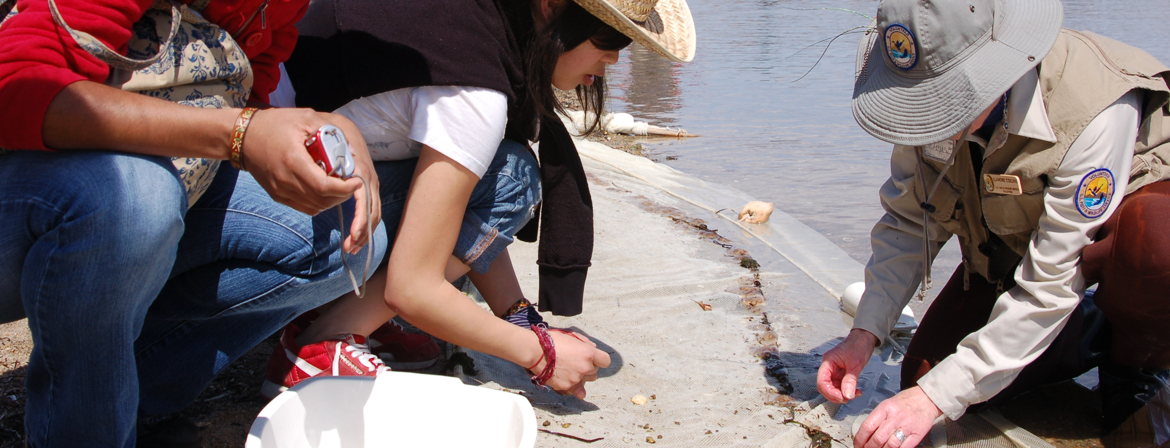Focus Theory of Normative Conduct and Terror Management Theory: The Interactive Impact of Mortality Salience and Norm Salience on Social Judgment
Jonas, E., Martens, A., Niesta Kayser, D., Fritsche, I., Sullivan, D., & Greenberg, J. (2008). Focus theory of normative conduct and terror management theory: the interactive impact of mortality salience and norm salience on social judgment. Journal of Personality and Social Psychology, 95(6) 12391251.
Using E-mail Listservs to Promote Environmentally Sustainable Behaviors
Artz, N., & Cooke, P. (2007). Using e-mail listservs to promote environmentally sustainable behaviors. Journal of Marketing Communications, 13(4), 257-276.
The Effect of Public Commitment on Resistance to Persuasion: The Influence of Attitude Certainty, Issue Importance, Susceptibility to Normative Influence, Preference for Consistency and Source Proximity
Gopinath, M., & Nyer, P.U. (2009). The effect of public commitment on resistance to persuasion: The influence of attitude certainty, issue importance, susceptibility to normative influence, preference for consistency and source proximity. International Journal of Research in Marketing, 26(1), 60-68.
Shame and Embarrassment as Deterrents to Noncompliance with the Law: The Case of an Antilittering Campaign
Grasmick, H. G., Bursik, R. J. & Kinsey, K. A. (1991). Shame and embarrassment as deterrents to noncompliance with the law: The case of an antilittering campaign. Environment and Behavior, 23, 2, 233-251.
The Meaning of Normative Processes for Energy Conservation
Midden, C. J. & Ritsema, B. S. (1983). The meaning of normative processes for energy conservation. Journal of Economic Psychology, 4, 1-2, 37-55.
The Relative Effectiveness of Models and Prompts on Energy Conservation: A Field Experiment in a Shower Room
Aronson, E. & O'Leary, M. (1982-83). The relative effectiveness of models and prompts on energy conservation: A field experiment in a shower room. Journal of Environmental Systems, 12, 3, 219-224.
Residential Energy Conservation: The Role of Past Experience in Repetitive Household Behavior
Macey, S. M., & Brown, M. A. Residential energy conservation: The role of past experience in repetitive household behavior. Vol. 15. 1983. 123-141.
Personal and Contextual Influences on Household Energy Adaptations
Black, J. S., Stern, P. C. & Elworth, J. T. (1985). Personal and contextual influences on household energy adaptations. Journal of Applied Psychology, 70, 1, 3-21.
Effects of Television Modeling on Residential Energy Conservation
Winett, R. A., Leckliter, I. N., Chinn, D. E., Stahl, B., & Love, S. Q. (1985). Effects of television modeling on residential energy conservation. Journal of Applied Behavior Analysis, 18, 1, 33-44.
Environmental Behaviour in Chicago Automotive Repair Micro-Enterprises (MEPs)
Mir, D. (2008). Environmental behaviour in Chicago automotive repair micro-enterprises (MEPs). Business Strategy and the Environment, 17(3), 194-207.



